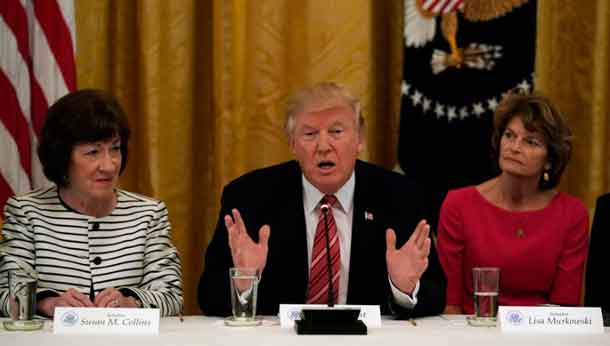
WASHINGTON – The global pandemic is having an emotional impact on the 2020 United States Presidential election.
According to a study, conducted by NayaDaya, YouGov, and Statista, emotions toward the federal government’s Covid-19 response strongly correlate with the U.S. voters’ positive or negative engagement in Trump’s or Biden’s election.
This unconventional study, totally different from traditional polls, was conducted in the U.S. in October 16-19, 2020.
“The results cast a negative light on the government’s response to the pandemic, at least as perceived by Americans. The three most frequent emotions reported by the participants are disappointment, anger, and disgust. Disappointment is typically about failed promises and expectations, anger is about someone’s responsibility of damaging circumstances, and disgust about morally questionable actions and decisions” says Marcello Mortillaro, Ph.D, and Senior Scientist, Partner of NayaDaya Inc.
Among the critical group of voters with no political party preference, 56 % have negative feelings about the coronavirus actions, 20 % positive, and 24 % no emotions. Even among the Republican voters, one out of three responds a negative emotion about the Covid-19 response. The corresponding Democrats’ reactions are 86 % negative.
The most positive voters are in the South and Northeast (28%); the most negative ones are in the West (68 %). Females have more negative feelings than males, and their EVI (Emotional Value Index) value that predicts positive, engaged, and prosocial behavior, is very low (20/100).
The voter emotions are even more negative for the Covid-19 response than for the thought of Trump’s re-election. In the study, 54 % of the respondents expressed negative emotions toward Trump’s re-election. The percentage of negative emotions for the Covid-19 response among all U.S. voters, however, was 61 %.
There is a strong correlation between the emotions toward the Covid-19 response and the emotions and behavior, expressed in the context of Trump’s or Biden’s possible election. Both presidential candidates will have to plan how to deal with current crises. President Trump had a positive effect on the economy and S&P 500 prior to the Covid-19 outbreak. The winner of this election will have the S&P 500 to worry about as well as related social and economic issues that have arisen from the pandemic.
People who have positive emotions (26 %) about the response to Covid-19 also indicate positive and engaging emotions toward Trump’s re-election. Vice versa, people who express negative emotions (61 % i.e. much more) about the coronavirus response tend to show positive and engaging emotions toward Biden’s election.
“Our study shows that the emotional impact of the U.S. federal government’s Covid-19 response is very negative especially among the critical voters with no political party preference. The results also reveal that those negative emotions toward the Covid-19 response correlate with positive emotions and engagement toward Biden’s election. The greater the significance of the coronavirus pandemic for the presidential election, the worse the situation is for Trump,” says Timo Järvinen, CEO at NayaDaya Inc.
The emotion data, collected by the YouGov online-panels in the U.S., was analyzed with the NayaDaya® Emotional and Behavioral Intelligence. This method, algorithm, and analytics are based on scientific theory and research, which has been independently conducted and published by the Geneva Emotion Research Group at the University of Geneva, Switzerland.
Study facts:
- YouGov online panel Oct 16-19, 2020
- Samples represent the U.S. adult population
- N=1259, a margin of error ±2.5 percentage points






